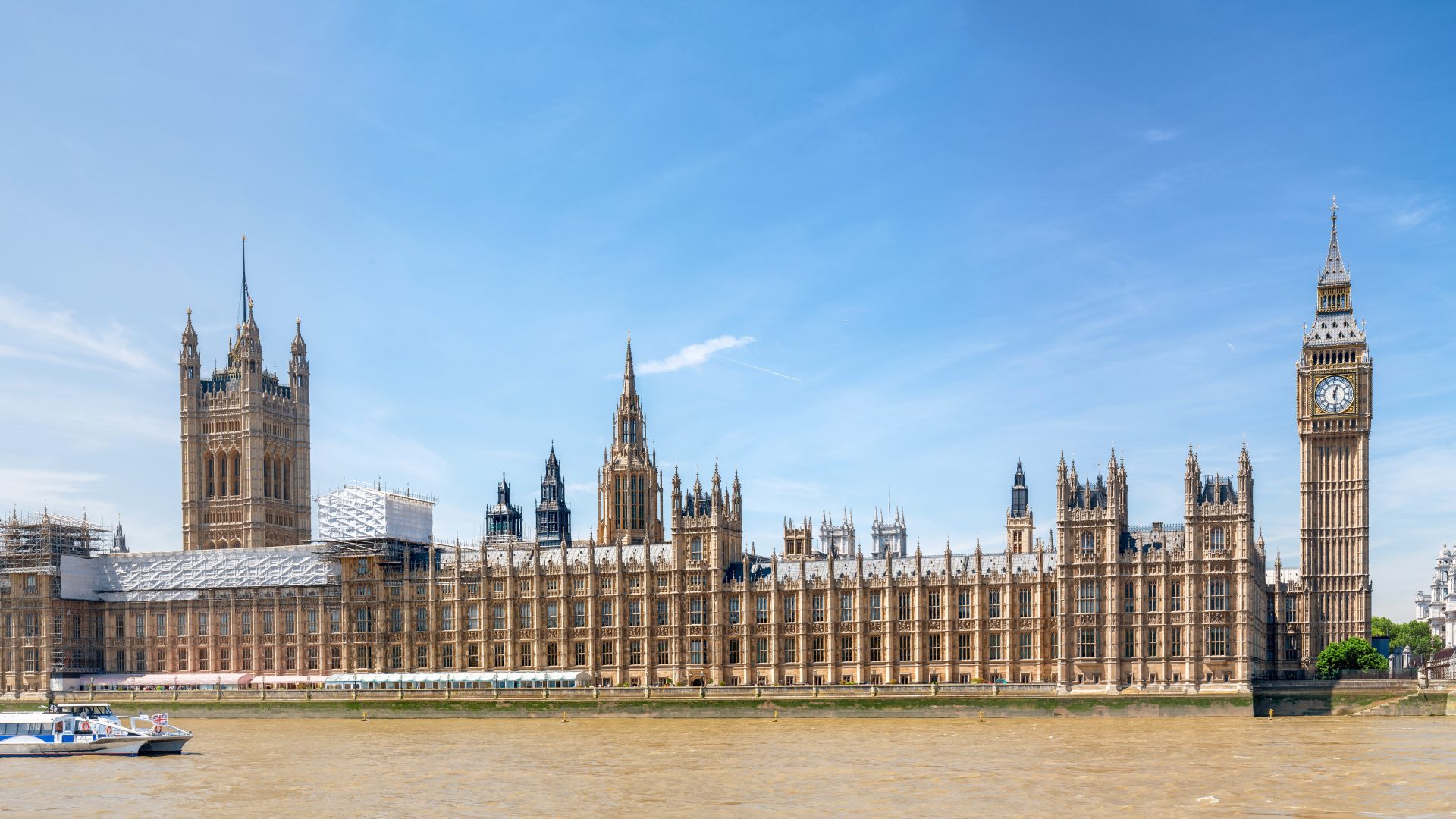A slurry of under investment, insufficient government strategy, and inadequate co-ordination has resulted in a failure to “treat water with the care and importance it deserves”, a House of Lords Committee report warned on Wednesday 22 March.
The Industry and Regulators Committee has been investigating the regulation of the water industry, including looking at Ofwat’s performance in relation to its statutory duties, the investment and approach needed to prevent storm overflow overuse, and steps that must be taken to secure future water supply.
During its investigation, the Committee took evidence from Thérèse Coffey, Secretary of State for Environment, Food, and Rural Affairs, regulators, water company CEOs, consumer groups, and industry and investment experts.
While the report, titled ‘The affluent and the effluent: cleaning up the failures of water regulation’, welcomes planned improvements by regulators, including linking executive pay to performance and monitors being present on all storm overflows by the end of 2023, the Committee found:
- Ofwat has failed to ensure companies invest sufficiently in water infrastructure, choosing to keep bills low at the expense of investment that is now sorely needed.
- water companies have been overly focused on maximising financial returns at the expense of the environment, operational performance, and financial sustainability.
- water company bosses should not be able to receive substantial bonuses while their companies have missed performance targets and polluted the water environment.
- the Government has not put in place a joined-up approach to the key issues facing the sector, including reducing water pollution and securing future supply.
- Ofwat and the Environment Agency must go further to hold water companies to account for environmental pollution through penalties and prosecution. The Government must ensure adequate funding is available for this.
- Ofwat needs to find ways to increase investment outside the Price Review process and consider the important role that third-party competition could play in reducing costs, as it did with the Thames Tideway tunnel project.
As a result, the Committee is calling on the Government to:
- give Ofwat guidance on how it should handle the trade-off between balancing the financial needs of customers during a cost-of-living crisis with the urgent need for infrastructure and environmental investment.
- legislate to introduce a single social tariff in time for its inclusion in the next Price Review which will protect vulnerable customers from bill increases and provide a baseline of support for customers regardless of who supplies their water.
- publish a National Water Strategy which sets clear expectations in relation to the quality of the water environment and the resilience of water supplies, giving regulators clear benchmarks to work towards.
- consider banning the sale of wet wipes that are not rapidly biodegradable.
- ensure adequate funding is available to the Environment Agency to inspect and enforce environmental offences by water companies.
- give Ofwat powers to prevent directors of companies that are responsible for serious pollution incidents from continuing to work in the sector, providing individual accountability.
- accelerate the planning process for reservoirs, including by designating, and if necessary, amending its National Policy Statement for Water Resources Infrastructure as a matter of priority.
- make water metering compulsory for all households and businesses where it is possible to do so.
Lord Hollick, the Chair of the Industry and Regulators Committee, said:
“During our inquiry, we have taken evidence from local communities and activist groups and received a considerable amount of written evidence.
There is an overall feeling of dismay, anguish and, anger from respondents, about the state of our waterways and the apparent failure to get to grips with the problem.
We are calling on regulators and the Government to consider our report’s findings and recommendations and act fast before we are all left up sewage creek.”



